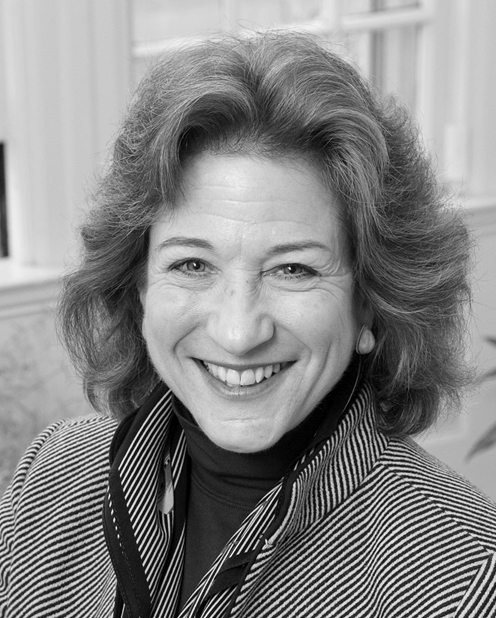WORCESTER, Mass.—Holocaust programs have become commonplace in many middle and high school curricula across the U.S. A trend toward deploying the Holocaust to convey moral instruction about present-day prejudices, human rights abuses, and current genocides has emerged in recent years. These approaches and other common pedagogical practices call for critical review. For this reason, on April 11-13 Clark University’s Strassler Center for Holocaust and Genocide Studies will host an international symposium, “Policy and Practice: Pedagogy about the Holocaust and Genocide,” to foster discussion about what constitutes effective education about the Holocaust and other genocides.

The symposium will address the following questions: What are the goals and purpose of Holocaust and genocide education? How should educators teach about the Holocaust and genocide in schools? Should instruction about these subjects include lessons about civics or human rights?
The public is invited to a panel discussion, “History, Politics, and Education: Teaching about the Holocaust and Genocide,” at 7:30 p.m. on Thurs., April 11, in Tilton Hall, 2nd floor of the Higgins University Center, 950 Main St., Worcester. Strassler Center Director and Rose Professor Debórah Dwork, who is known throughout the U.S. and internationally for her work in Holocaust teacher education, will moderate a discussion with the following panelists: Margot Stern Strom (Facing History and Ourselves), Khamboly Dy (Documentation Center of Cambodia), and Ayşe Gül Altinay (Sabancı University, Turkey). The panel will consider how history, politics, and culture influence whether and how societies teach about genocide. The panel discussion is free and open to the public; it is presented with generous support from the Melvin S. Cutler Charitable Foundation and the Shillman Foundation.
A series of closed discussions will take place on the Clark campus on Fri., April 12, and Sat., April 13. “Never Again,” an exhibition of photographs by Strassler Center doctoral student Shannon Scully that explores questions of memory, complements the symposium. The exhibition will be on display at the Cohen-Lasry House, 11 Hawthorne St., in Worcester, from April 11 through May 31.
According to Mary Jane Rein, Ph.D., one of the co-organizers of the conference (along with Mikaela Luttrell-Rowland, Ph.D.), conference participants include leading scholars with expertise in Holocaust history, genocide, pedagogy, comparative politics, transitional justice, and human rights whose scholarship encompasses the many diverse regions where genocidal conflicts have occurred and are shaped by diverse disciplinary perspectives.
“Lessons learned will have the potential to influence curriculum experts, policy makers, scholars, and teachers in countries around the globe,” said Rein.
Outside of the United States, it is critical to consider the challenges confronting efforts to teach about the past in nations that have emerged from recent conflicts or where unresolved conflicts persist. “Education can become part of the reconciliation process in countries recovering from trauma or where the past has not yet been confronted frankly,” said Dwork.
The symposium has also received funding from Clark’s Hiatt Center for Urban Education as well as the departments of International Development and Sociology, and the programs in Asian Studies and Communications and Culture. For more information about the symposium, call (508) 793-8897.
Home to a uniquely rich undergraduate program and a landmark doctoral program, the Strassler Center is the first and only institute of its kind. Since it was established in 1998, it has gained international standing as the sole program to train students for Ph.D. degrees in Holocaust History and Genocide Studies.
Founded in 1887 in Worcester, Mass., Clark University is a small, liberal arts-based research university addressing social and human imperatives on a global scale. Nationally renowned as a college that changes lives, Clark is emerging as a transformative force in higher education today. LEEP (Liberal Education and Effective Practice) is Clark’s pioneering model of education that combines a robust liberal arts curriculum with life-changing world and workplace experiences. Clark’s faculty and students work across boundaries to develop solutions to contemporary challenges in the areas of psychology, geography, management, urban education, Holocaust and genocide studies, environmental studies, and international development and social change. The Clark educational experience embodies the University’s motto: Challenge convention. Change our world.



When you finish in Mass. Please bring it down to N.Y.